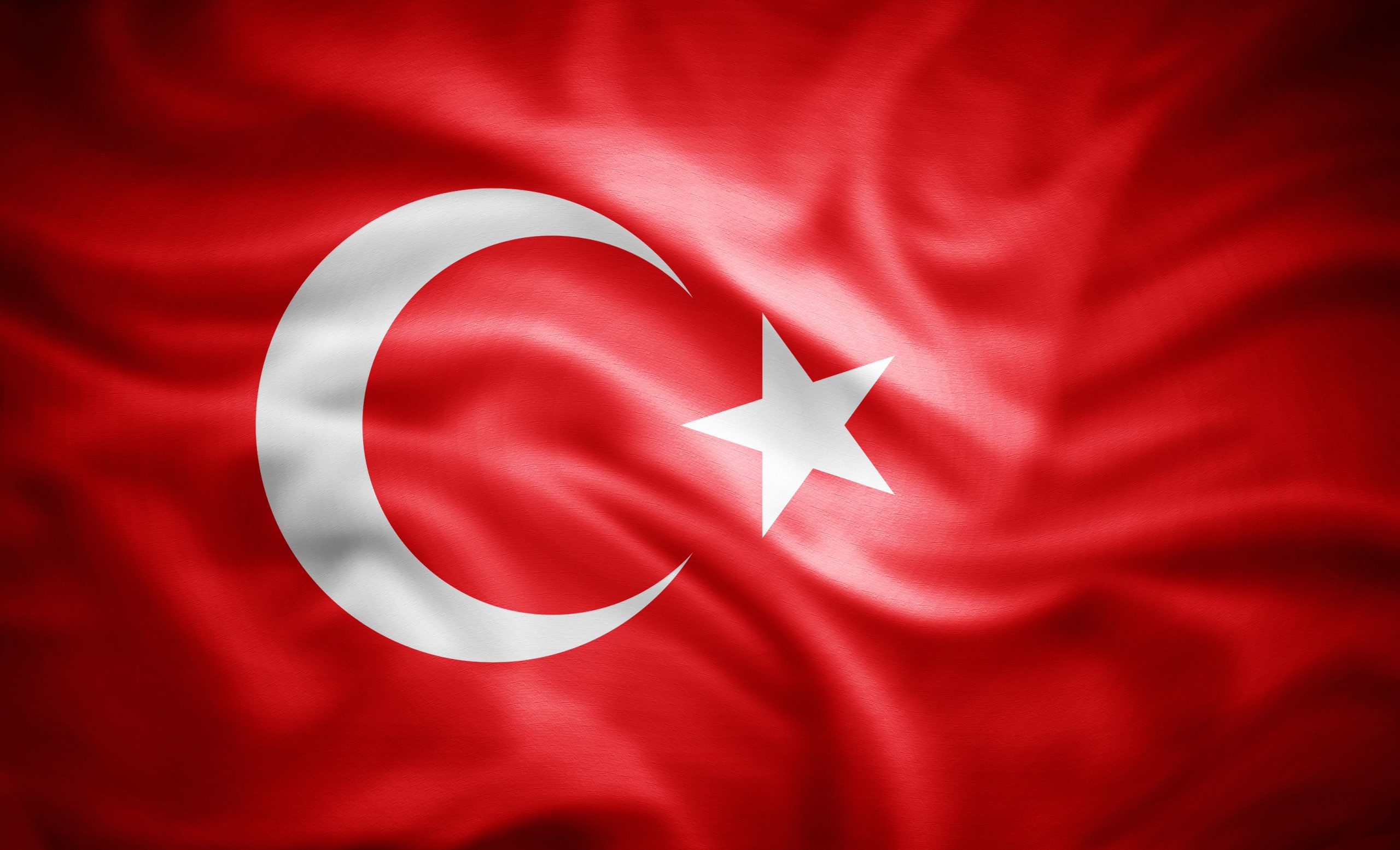2023: an assessment
The consolidation of President Recep Tayyip Erdoğan’s rule over Turkey was the most significant political news of 2023. Neither the painful earthquakes of 6 February 2023 nor the unprecedented mobilization of the οopposition was enough to bring change to Turkey’s political arena. Despite disappointment at the delayed mobilization of the ill-prepared Turkish state apparatus in the wake of the earthquakes, the Turkish public continued to consider the incumbent president to be the best qualified of the electoral candidates to handle crises such as these, even if they also considered him responsible for them. The centenary of the Republic of Turkey on 29 October 2023 passed by almost unnoticed as the Turkish government sought to capitalize on the anti-Western reflexes of Turkish public opinion in the aftermath of the tragic events in and around Gaza.
Meanwhile, developments in the court case seeking a ban on the pro-Kurdish Peoples’ Democratic Party (Halkların Demokratik Partisi—HDP) drove the decision to transfer the party’s activities into a new political formation. The institution of the Party of the Greens and the Left Future (Yeşiller ve Sol Gelecek Partisi-YeşilSol Parti-YSP), subsequently renamed the Peoples’ Equality and Democracy Party (Halkların Eşitlik ve Demokrasi Partisi-HEDEP-DEM), protected the institutional interests of the Kurdish political movement, since the new political formation could not be prosecuted on the basis of the old case files.
High-Stakes Municipal Elections
The municipal elections of March 2024 will be a milestone for the Turkish οopposition. The οopposition coalition under Kemal Kılıçdaroğlu suffered a heavy defeat in the 2023 electoral showdowns. Its decline was compounded by the coalition’s post-election dissolution and the decision of the “Good Party” (İyi Parti-İYİP) to field its own candidates in the upcoming municipal elections. It should be remembered that both İmamoğlu and Yavaş were only elected in the March 2019 elections because they ran as part of a broad coalition of opposition forces. Repeating this success will be much more difficult outside the alliance. The two mayors will have to prove that they are still popular across the political spectrum, despite the setbacks suffered by the οopposition coalition in the May 2023 presidential and parliamentary elections. The re-election of İmamoğlu, in particular, as mayor of the metropolitan municipality of Istanbul would make him the οopposition’s natural leader and consolidate the dual-leadership model that seems to have been chosen following Özgür Özel’s recent election as leader of the Republican People’s Party (Cumhuriyet Halk Partisi-CHP).
Rebooting Relations with the United States
The possible re-election of Donald Trump will be presented as an opportunity to fully restore relations between the United States and Turkey.
Rebooting diplomatic relations with the United States has emerged as a Turkish foreign policy priority after Erdoğan’s victory in the May 2023 double elections. This explains Ankara’s efforts to de-escalate the tensions between it and Greece, Israel and other US allies. The Turkish parliament’s ratification of the treaty allowing for Sweden’s accession to NATO, coupled with the granting of approval for Turkey’s purchase of the latest variant of the F-16 aircraft, will be a first step and demonstration of goodwill, but there are a host of other issues that also need to be discussed, with the wars in Ukraine and Gaza at the very top of the list. Turkey’s stance in the run-up to the presidential elections in the United States will also be of interest. The possible re-election of Donald Trump will be presented as an opportunity to fully restore relations between the United States and Turkey. Turkey being allowed to rejoin the F-35 co-production programme will be its primary demand and objective.
Initiative for the Establishment of New International Organizations
Claiming a leading role for Turkey among the “emerging powers” is one of the Turkish president’s avowed ambitions.
Claiming a leading role for Turkey among the “emerging powers” is one of the Turkish president’s avowed ambitions. His systematic criticism of the international security and economic development system that has been in place since the end of World War II is also underpinned by this objective. The phrase “the world is bigger than five” refers to the privileged position enjoyed by the permanent members of the United Nations Security Council and to the Organization’s inability to override the veto of any one of them. Severe criticism of the United Nations over its inability to effectively manage major humanitarian crises, such as the one ongoing in Gaza, is likely to be accompanied by a further step: an initiative to establish new international organizations charged with promoting international peace and economic development; the emerging powers will exert greater or complete control over these new bodies. Although the idea was tabled some years ago and has been much discussed, concrete steps have not yet been taken towards its implementation. An initiative of this sort aimed primarily at China, India and the Gulf States could either support economic development or protect international peace and security. Even if the initiative came with assurances that Turkey would both remain a member of the UN and the other organizations that oversee the international system and respect its treaty obligations to them, it would still constitute a further symbolic step towards Turkey’s assertion of its strategic autonomy and independence of the Western security system. However, the success of such a project presupposes both the participation of a sufficient number of states from the non-Western world community and their willingness to dedicate significant financial, diplomatic and military resources to ensure the project’s success. A mobilization of this sort would be hard to bring about.
*Ioannis N. Grigoriadis is Associate Professor at Bilkent University and Senior Research Fellow and Head of the Turkey Programme at ELIAMEP
This article is part of the annual Special Edition “ELIAMEP Outlook – Predictions for 2024”, where ELIAMEP’s leading analysts and associates share their predictions for the year ahead. They assess the main challenges, trends, risks, potential opportunities and inflection points of 2024 for Greece, Europe, the Mediterranean and the world.



